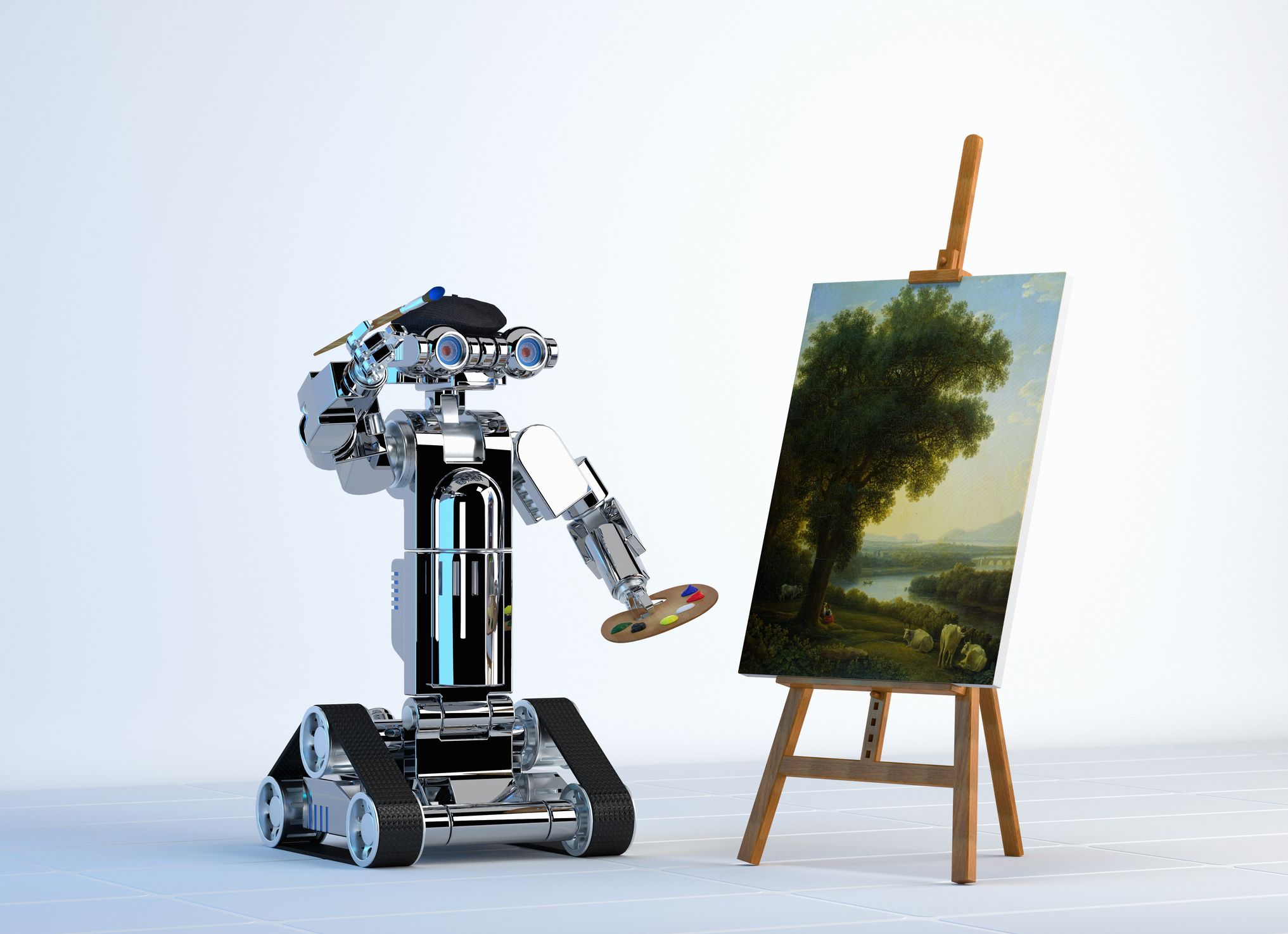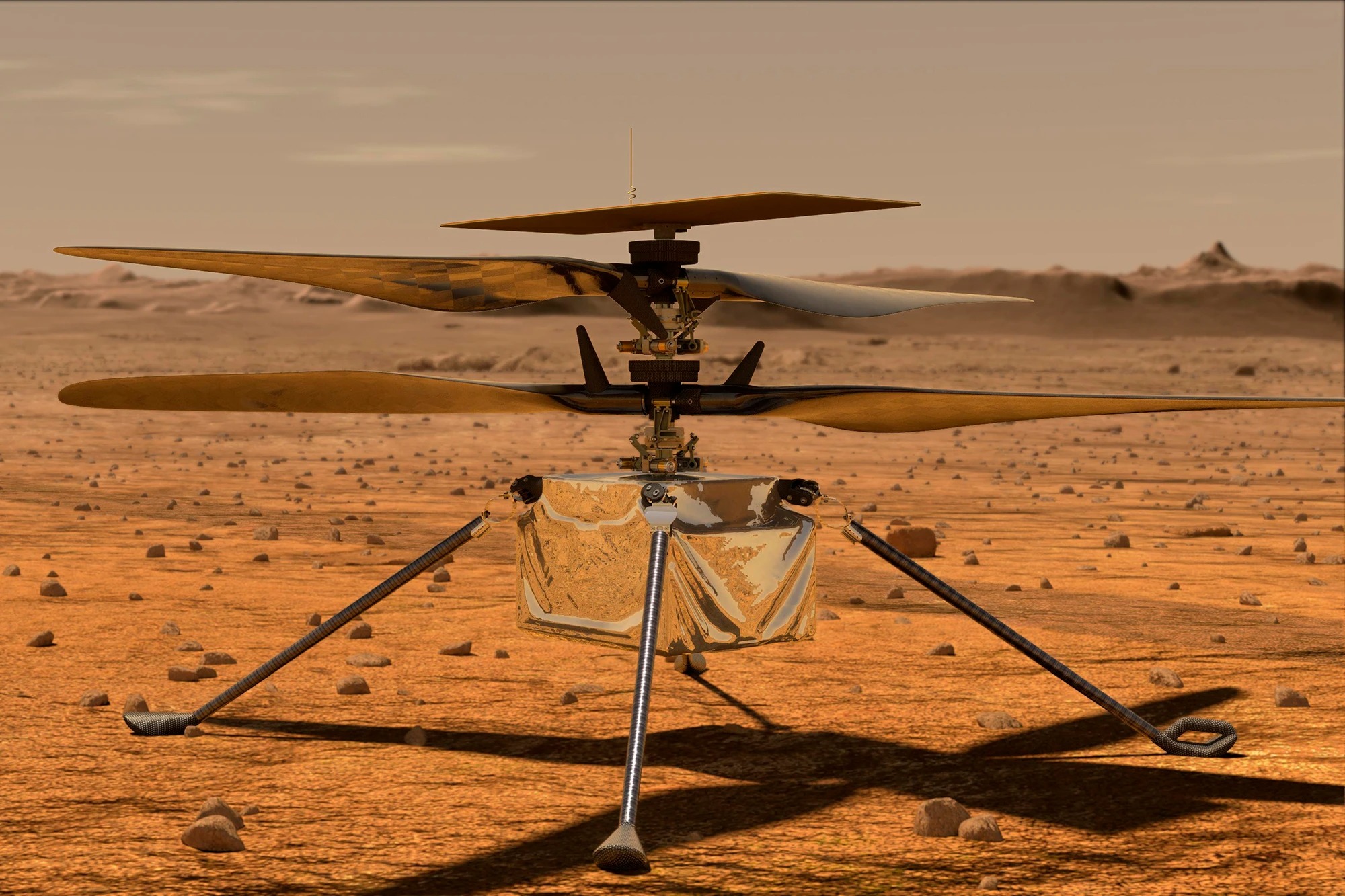What is FoodTech: Technology That is Changing the Way We Think About Food and the Future
Innovative food technology is just beginning to develop and can grow by 40 times the amount of investment. This FoodTech guide will take you through the food industry’s biggest challenges in the 2020s, the most significant deals, and the most promising trends.
FoodTech is the integration of digital technology into all food-related fields. This industry has emerged in the 21st century as the world’s population grows, production, consumption, and pollution increase. Let’s add epidemics and natural changes in our food habits. The global agri-food industry is adapting to a rapidly changing world, wanting to meet the needs of people with healthier and more sustainable food behaviors and actively investing in innovative projects and companies working in this field.
FoodTech Components
Some think that FoodTech is just about delivering food or preparing meals from restaurants, but this field is far more global and expansive than that. This economy sector consists of technology startups developing products and services that change the traditional ways of finding, buying, delivering, preparing, and consuming food.
FoodTech includes:
- the introduction of sensors and software into farm management that optimize their processes, increasing farm performance and product quality;
- robots that replace or complement humans in complex jobs;
- production of alternatives to animal products;
- production of organic and natural products;
- eco-friendly packaging;
- technologies to reduce and recycle food residues;
- sugar-free manufacturing;
- smart kitchen devices;
- recommendation services and applications for creating personalized diets, taking into account biomarkers, specific human physiology, and dietary habits;
- gastronomic tourism services for new experiences;
- the creation of functional products or ingredients;
- robotic delivery;
- online marketplaces;
- dark-kitchens (delivery-only kitchens with no seating);
- urban and indoor farms shorten the distance between production and consumption, increasing yields, quality, and sustainability.
Investments
Highly innovative startups are investing large sums in creative and technological solutions for current problems:
- population growth and its implications for food safety,
- the digitalization of society,
- the climate change consequences,
- scarcity of natural resources,
- improper food waste management,
- the food production impact on the environment.
During the pandemic, our lifestyles have changed, and there has been a boom in food delivery services. Therefore, such projects are attracting the most considerable investments nowadays. Investors’ interest in FoodTech is growing annually, and while food technology companies are still a tiny fraction of the agricultural industry, they have become the vanguard of this field. Some startups are already listed on the Nasdaq, the U.S. technology stock market.
From January to November 2021, there were 956 deals valued at $28.8 billion in the FoodTech sector, which is nearly three times as much as during the same period in 2020. Overall, in the third quarter of 2021, there were 306 deals worth $10.1 billion in the FoodTech sector – a 217% higher than in 2020. In addition, the number of deals increased by 112%.
The Most Interesting FoodTech Deals of 2021:
Gorillas (Germany) – the company that created the grocery delivery app has attracted $1 billion in investment. Since its launch in 2020, Gorillas has opened 180 warehouses and dark stores, which deliver groceries in 10 minutes. The company has begun expanding in the U.S.
Nuro (U.S.) – an electric car company, has attracted $600 million in investment.
Pivot Bio (USA) – attracted $430 million in investments. This biotech startup is a leading innovator in the field of nitrogen fertilizers. Pivot Bio offers an alternative to traditional synthetic fertilizers – a product created by programming microbes in the soil to produce more pure nitrogen.
Perfect Day (USA) – has attracted $350 million of investment. The company creates natural milk protein by fermenting sugar and uses genetically modified microflora. Production of such protein reduces greenhouse gas emissions by 97% compared to traditional dairy products.
FoodTech – the Cause and Solution to Environmental Problems
Notwithstanding all the innovations of FoodTech, this direction not only solves but also creates problems. For instance, the growth of deliveries increases the amount of packaging produced and the carbon footprint. Disposable packaging thrown into landfills represents the ecological disaster of our time.
Most of us, when buying online, don’t think about where all that plastic, cardboard, and glass will go. The burden of responsibility for all this junk falls on manufacturers, marketplaces, and consumers.
The manufacturer should pack their goods in sustainable packaging that can be easily recycled. We are responsible for sending all this trash, which is valuable recyclables.
Marketplaces are responsible for delivering the products we want. However, upon receiving delivery, we often wonder why it takes so many resources to pack, for example, a single pencil.
Trends
FoodTech trends are numerous, and we are likely to witness their rapid development in the next decade. New products and technologies will completely change how we perceive shopping, food choices, consumption, cooking, etc.
Mushrooms
Mushrooms are something that can save us from many issues and change the world. Mushrooms have multiple industrial applications, from making eco-friendly furniture and cosmetics to recycling garbage and providing alternative proteins for food. The main benefit of mushrooms is that they grow very fast, require minimal expenses, and fit perfectly into the global trend of replacing animal products with plant-based ones.
In FoodTech, mushrooms can be used in two ways:
- Mycelium-based packaging will be cheap, safe, and suitable for composting. Even if such packaging does not go into the compost but simply ends up in nature or a landfill, it will quickly decompose without damaging the environment.
- Mushrooms have tremendous potential as a meaty textural component for vegan products or substrate for growing cultured meat. For example, Mushlabs produces mushroom mycelium creating healthy raw ingredients for meat alternatives. Such a food system provides affordable food options preserving our planet.
Eco-Friendly Online Stores
We’re about to encounter the growth of online marketplaces focused on selling eco-friendly products. Companies will keep an eye on the suppliers and the products they sell.
Eco-Friendly Catering
Sustainable restaurants and cafes will lead us to the future, where the greening of an establishment’s internal processes will become not just a PR stunt but also a necessity and routine.
Marketplaces will not only pay attention to the taste but also try to stock only products with a low carbon footprint and eco-friendly packaging, grown or sourced sustainably, certified, and with healthy and nutritious ingredients.
Online Shopping Delivery
It’s a separate area of the company’s eco-friendly development. The customers’ private cars will be replaced by an eco-friendly means of transport for couriers, carrying orders from the nearest network’s dark stores. The couriers will be joined by robots, from small devices with one section that moves slowly along sidewalks to large autonomous vehicles that are allowed on the roads and can deliver several orders simultaneously.
For premium readers







